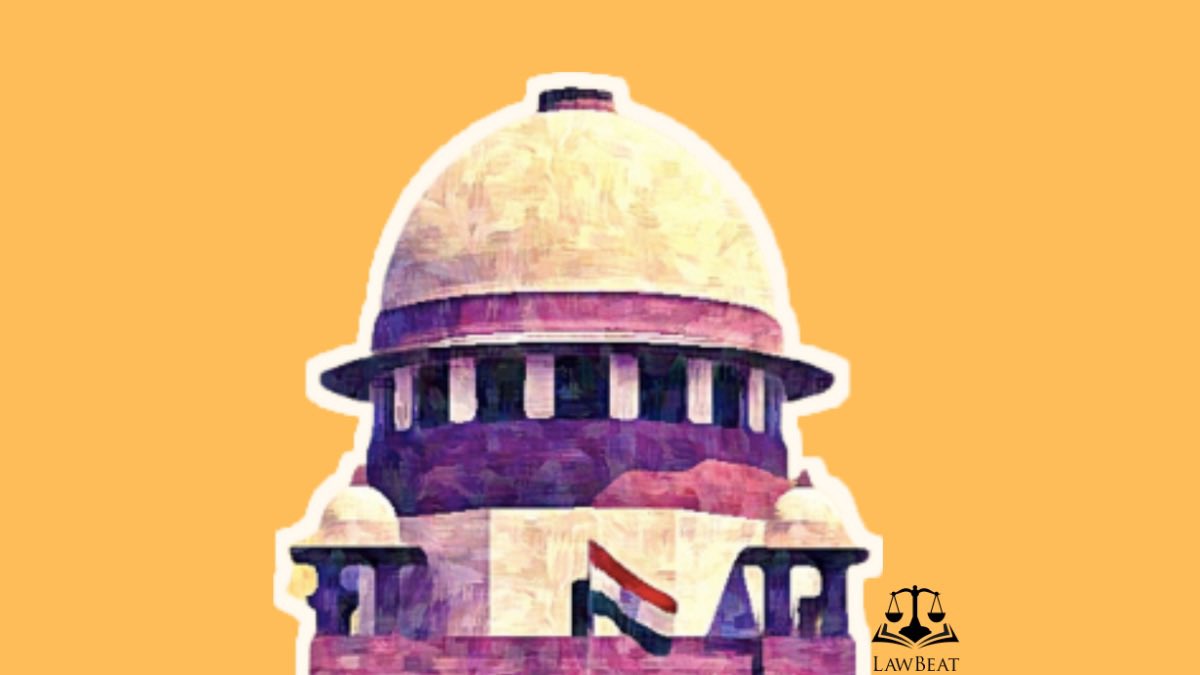Supreme Court refers issues raised in Freebies case to 3-Judge bench for reconsideration in 2013 judgment on pre-poll promises

The Supreme Court has referred to a three-judge bench, the case concerning the issue of Freebies during elections.
A bench headed by CJI NV Ramana has stated today that Freebies curb the possibility of creating a level playing field and there are indeed several questions which have been raised in the petition which require attention of this court.
It has further stated that though the issue is a matter of policy and may be outside jurisdiction of court, it can be reconsidered in light of top court's 2013 judgment in Subramaniam Balaji v. Government of Tamil Nadu. The 2013 judgment had held that pre-poll promises made by a political party cannot constitute a corrupt practice under the Representation of the People Act.
The bench said that various questions were raised by the petitioner in the plea such as -
- What is the Scope of judicial intervention?
- Whether any order can be passed in the petition?
- Whether a body can be framed to decide on freebies in elections?
In this light, though the Supreme Court suggested that a white paper must be prepared on the issues which have been brought to the forefront by petitioner(s) Ashwini Upadhayay, it may be appropriate that the Subramaniam Balaji judgment is reconsidered.
Court was hearing a plea filed by Advocate Ashwini Kumar Upadhyay alleging that declaration of distribution of irrational freebies from public funds before elections unduly influences the voters, shakes the roots of free-fair election, disturbs level playing field, vitiates the purity of election process and violates Articles 14, 162, 266(3) and 282 of the Constitution."
On the last date of hearing, Solicitor General Tushar Mehta pointed out that there are some political parties that rely solely on Freebies in order to get elected. He was responding to Chief Justice of India's suggestion that the central government may call for “an all party meeting” to deliberate on freebies issue. The Solicitor General said that there are political parties which claim freebies as a “fundamental right” and there are a few others which rely only freebies to come to power.
How events unfolded:
On an earlier date of hearing, CJI had observed that there is a need to maintain a balance between the loss to the exchequer owing to freebies and welfare schemes for the benefit of the people.
Earlier, CJI had suggested that stakeholders such as RBI, NITI Aayog, opposition parties and those who are for and against freebies should be involved in this process of engaging in constructive brainstorming and they should suggest the court about the formation of a body, which can be constituted by the court to examine the issue.
Court had asked the Government to consider involving the Finance Commission in the issue pertaining to the distribution of freebies by political parties in the vicinity of elections.
The Supreme Court issued notice in the present plea in January 2022
Notably, an application of intervention has been filed by the General Secretary, M.P Mahila Congress, Dr. Jaya Thakur before the Supreme Court in this matter stating that according to our Constitutional Doctrine, ruling parties are duty bound to frame policies for the welfare and upliftment of the weaker sections, so they are rightly giving subsidies which cannot be called freebies.
Moreover, recently, the Aam Aadmi Party (AAP) also filed an application of intervention contending that this Public Interest Litigation (PIL) is a “non-partisan litigation” and alleged petitioner Ashwini Upadhyay’s strong ties to the ruling Bharatiya Janata Party (BJP).
Case Title: Ashwini Kumar Upadhyay vs. Union of India & Anr.
